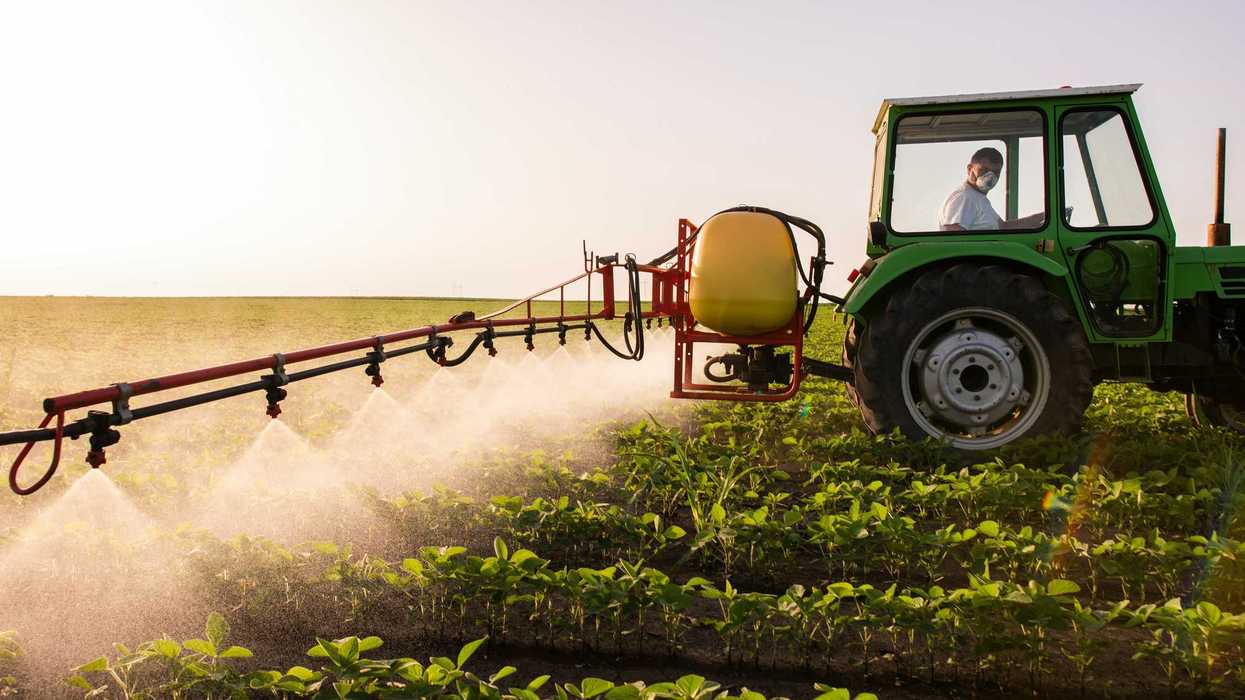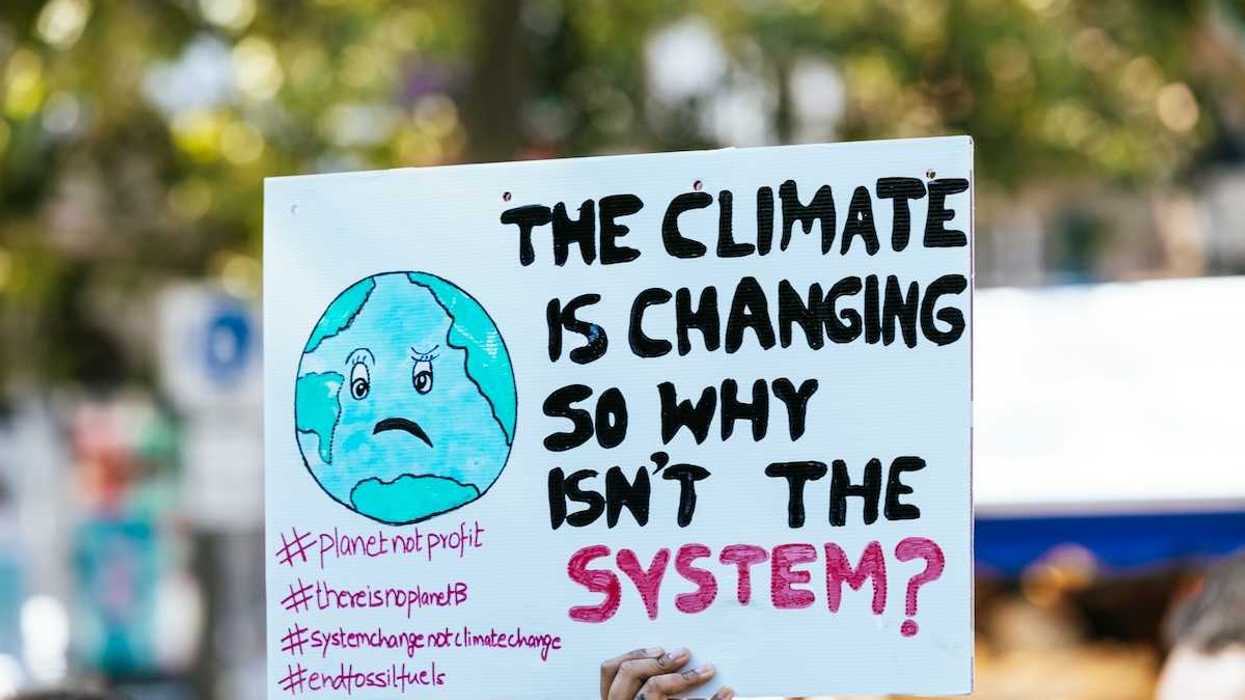Latino farmworkers in the U.S. are increasingly exposed to hazardous pesticides, facing severe health risks and minimal protection.
In short:
- José Soria, a farmworker in North Carolina, suffered severe chemical burns from the herbicide paraquat, despite its ban in many countries.
- Farmworkers often face pesticide exposure without adequate safety measures or information, leading to health issues such as rashes, headaches, and more severe illnesses.
- Investigations reveal systemic failures in protecting workers, with minimal penalties for employers who violate safety protocols.
Key quote:
“Farmworkers are exposed to pesticides all the time, and yet they don't get the protections they need.”
— Jeannie Economos, Farmworker Association of Florida
Why this matters:
Pesticides, designed to protect crops from pests and diseases, can have serious consequences for human health, especially Latino farmworkers, who make up a large portion of the agricultural workforce. Advocates are calling for stricter regulations and better enforcement of existing laws to ensure these workers are protected.
Check out our Adrift series to learn more about the health effects of pesticide exposure and the disproportionate impact on rural communities of color.
Read more: Lisbeth Iglesias-Ríos on advocating for migrant farmworkers’ rights.














